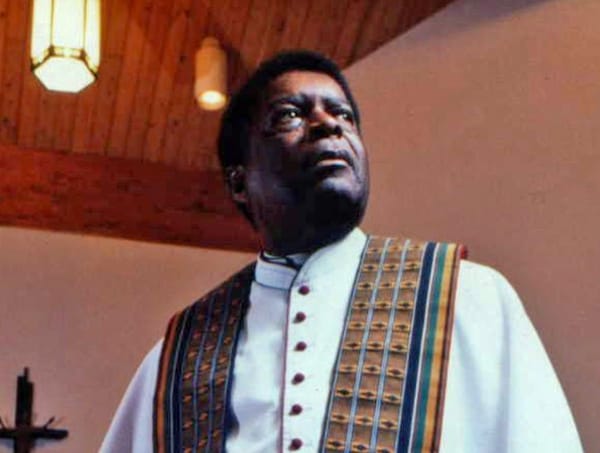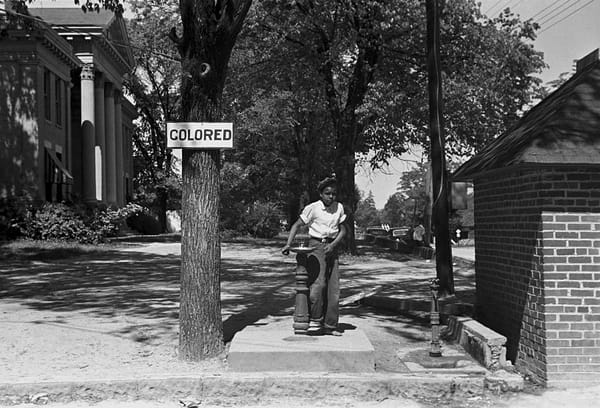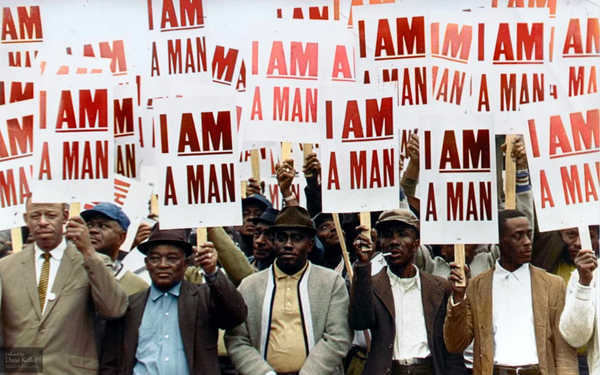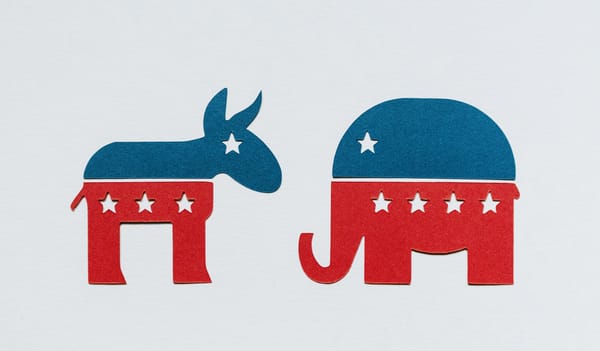Editor’s Letter
People’s responses to racism run the gamut from holding racists accountable to denying racism even exists. Racism stems from hate; the unwillingness to see the inherent humanity in others fosters a mindset that enables one to denigrate others. What other root cause explains America’s on-again/off-again dalliances with slavery and its oppressive permutations? What allows one group of human beings to torture generations of people in every imaginable way, even unto death? The practitioners of racism believe that they are superior to other races based on the color of their skin and that they alone deserve all conceivable rights and privileges—at the expense of others not in their group.
Racism, the belief that different races possess distinct characteristics, abilities or qualities, especially so as to distinguish them as inferior or superior to one another. –New Oxford American Dictionary
How, then, are we to eradicate racism?
The correct answer is to “Love one another,” to quote Jesus.
There it is. Three words. It doesn’t get any simpler than that. I’m no Biblical scholar, but this one is a no-brainer. What follows is my interpretation of Jesus’s commandment in the context of America’s original sin. What with Easter coming up, I find it especially relevant. Enjoy.

In the Episcopal Church, the Thursday before Easter Sunday is known as Maundy Thursday. Services on Thursday commemorate Jesus’s last supper with his Disciples the night before his crucifixion. During the gathering, he institutes the practice we call the eucharist (also known as Holy Communion, the Lord’s Supper, et cetera) and issues a new command to his followers.
Jesus and the Disciples are in the upper room celebrating Passover, and he tells them that he will be betrayed by one of the twelve (Judas). Once Judas leaves to do his deed, Jesus alludes to his upcoming crucifixion and challenges the eleven to raise the bar in their interactions with people, “I give you a new commandment, that you love one another. Just as I have loved you: you also should love one another. By this everyone will know that you are my disciples, if you have love one another.” (John 13: 34, 35 NRSV)
Let’s take a closer look at that.
Jesus uses the word love in two forms four times in three sentences. Jesus wanted to drive his point home with his Disciples. Their teacher and friend did not present his followers with a helpful hint, a suggestion, or a request. He issued a direct order they were to follow. That meant no squabbling over whether or not to follow his mandate. For Christians – then and now – the matter is not up for debate.
Jesus goes even further and tells them how to love another. He must have been familiar with human nature to know that when it comes to serving someone else, given the opportunity, people most often choose the option that requires the most minor investment of time, energy, or resources. To eliminate further misinterpretation, he gives particular parameters for how to love: “as I have loved you.”
How did Jesus love?
Most of the Disciples had been in close contact with Jesus for three years at the time of the Last Supper. They witnessed firsthand how deeply his compassion moved him to intercede on people’s behalf. They understood the precise nature of Jesus’s active, lavish, and radically inclusive love.
The Gospels are replete with stories of him meeting people amid their circumstances. He celebrated with people, and he wept with them. He loved them without judgment or preconditions whenever and wherever he encountered them, which, more often than not, was at their point of need. He never told them, “Go get your life in order, then we can talk,” or “Sorry, pal. You’re not [fill in the blank] enough.” He regarded people as brothers and sisters created in his Father’s image.
Much to the chagrin of the establishment and religious leaders, he sought out the marginalized and outcasts. Jesus chastised his Disciples on more than one occasion for their dismissal of those society deemed unloveable, unworthy, or the other.

He fed people when they were hungry, and he healed them when they were sick. When people were terrified or found themselves at the end of themselves in trying circumstances, he calmed them. He remedied their problems so they might live abundantly and in peace.
He loved people just as they were. His concern was building a relationship with them so that he might introduce them to the Father.
So, getting back to the text, Jesus wraps up the evening by telling his friends, “If you do this everyone will know you are my Disciples, if you love one another.” To me, it’s like he’s telling them that if they want people to know that they practiced what Jesus taught, it’s not about what they have, what they say, or the company they keep; it’s all in what they do. Love to Jesus was a verb.
And if that’s not enough, just before Jesus was arrested and hauled off for a sham of a trial that led to his crucifixion, he said to them again, “This is my commandment, that you love one another as I have loved you.” (John 15:12)
It doesn’t get any simpler than that.
It can’t get any simpler than that.
It’s practically Christianity for dummies.
Since the murder of Trayvon Martin, I’ve seen selfless acts of compassion by people who have given of themselves in service to others in the fight against racism. I know people who have participated in marches and demonstrations, written articles, moved past their fears and done the work of self-examination, and learned about privilege, racism, the ways racism shows up in society, and the heinous ways it has been used as a cudgel to denigrate People of Color.
But there are also scores of people sitting on their hands as if waiting to hear a divine directive from a burning bush. And that infuriates me. It galls me when churches and the people who lead them, the very people who are supposed to be emissaries of Christ to a dying world, can come up with twelve reasons not to speak to their parishioners about racial equity, allyship, and inclusion, but are at a loss for words to give one reason why it’s a good idea to follow Christ’s command to love when it comes to serving Black, Indigenous, and People of Color, and other marginalized groups.
Racism = privilege + institutional power
–Patricia Bidol-Padva
It should not take the shooting of yet another unarmed Black person to move people to a stand against America’s five-alarm racism problem. Some would have you believe anti-racism, studying Black history, and diversity, equity, and inclusion initiatives are a part of some subversive radical plot to bring ruin upon the United States.
Wrong!
It’s not. And shame on those of you who’ve fallen prey to that lie. Your marching orders are to love people, and that love, Christ’s love, supersedes the lies of race, privilege, and prejudice.
Jesus’s command to love includes “all,” not all of one kind. Christ included no preconditions for Black, Indigenous, or People of Color to be made whole and accepted as valuable members of society.
Mothers, fathers, sons, daughters, and friends have lost loved ones due to racism and hate crimes. Think for a moment what it would be like for you to lose a loved one who had been killed because of someone else’s fabricated fear and loathing of the color of their skin. The actual pain victims’ families experience exponentially exceeds any imagined experience.
So let’s stop the denials, the what-aboutism, and the gaslighting and get about the real business of dismantling racism and extending the love of Christ to everyone.
Love one another.
Clay Rivers
OHF Weekly Editor in Chief










